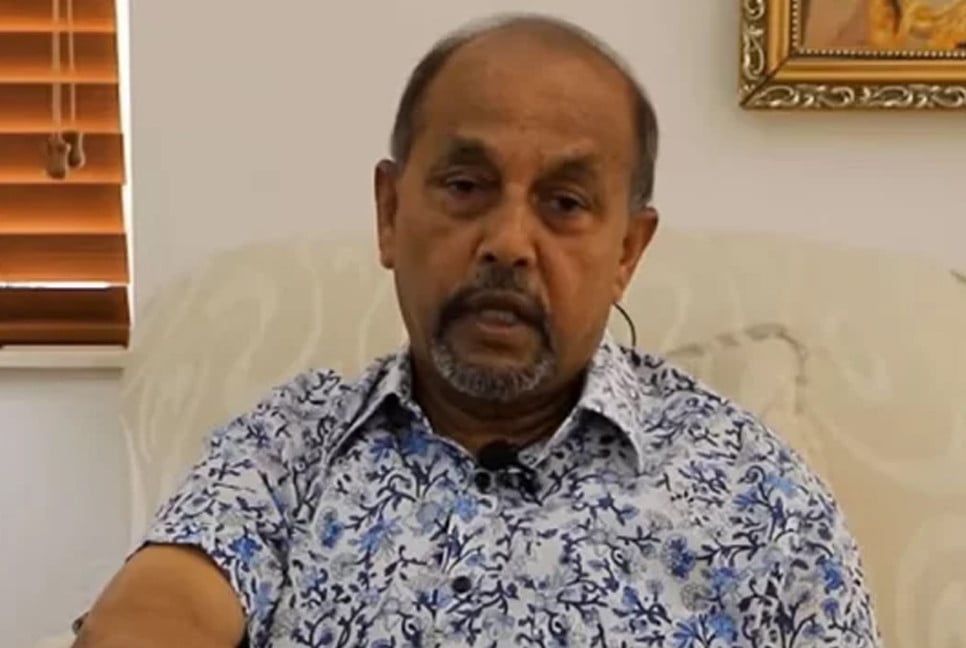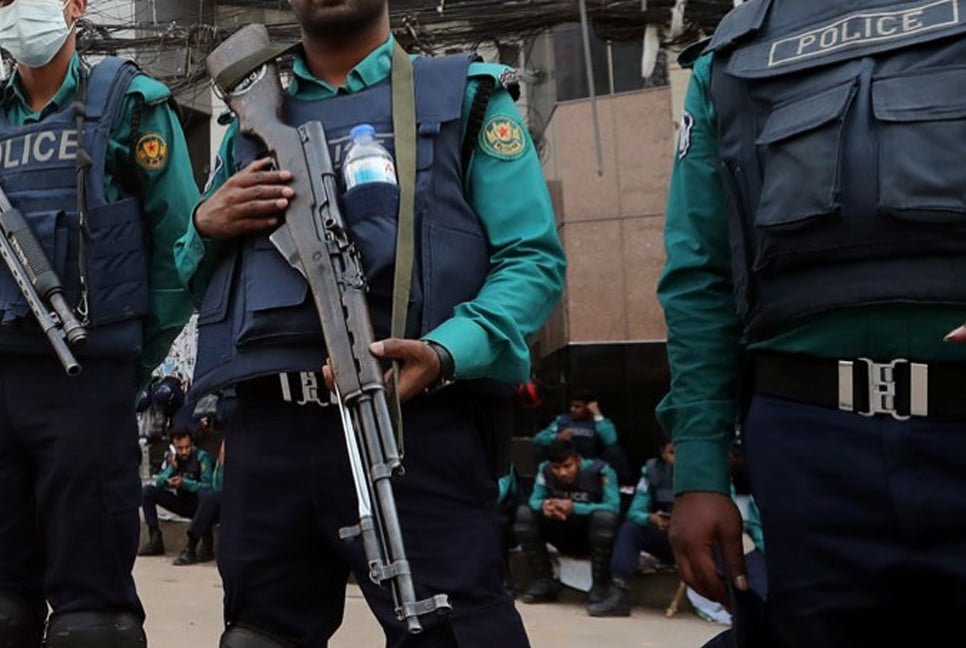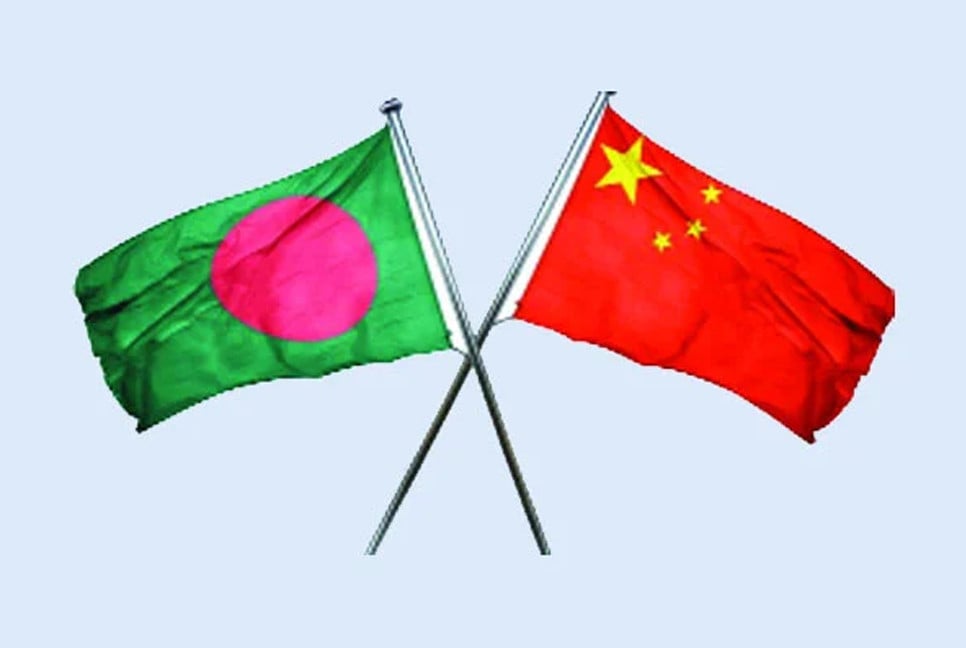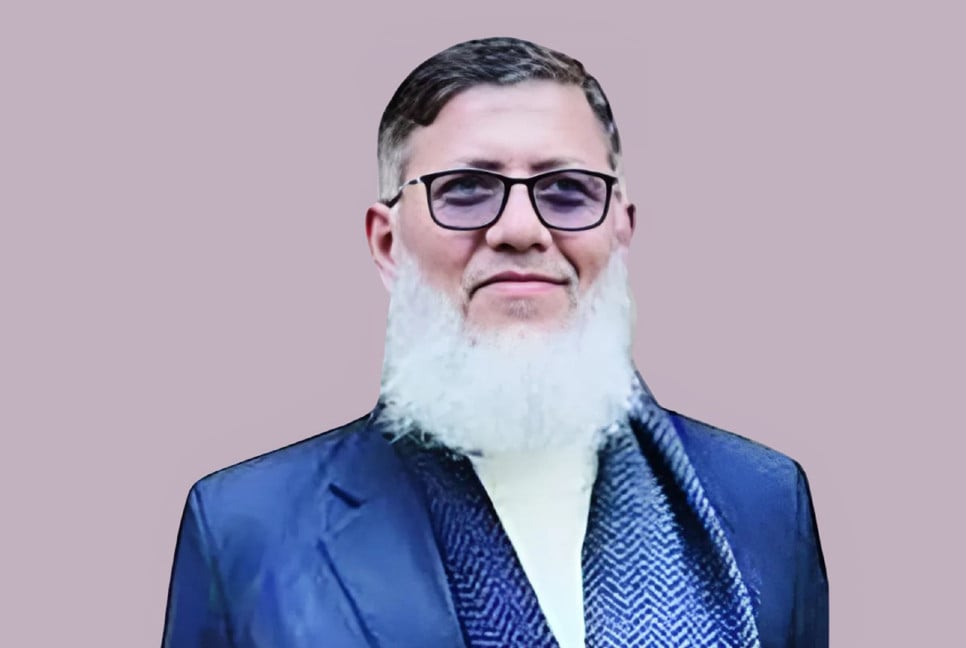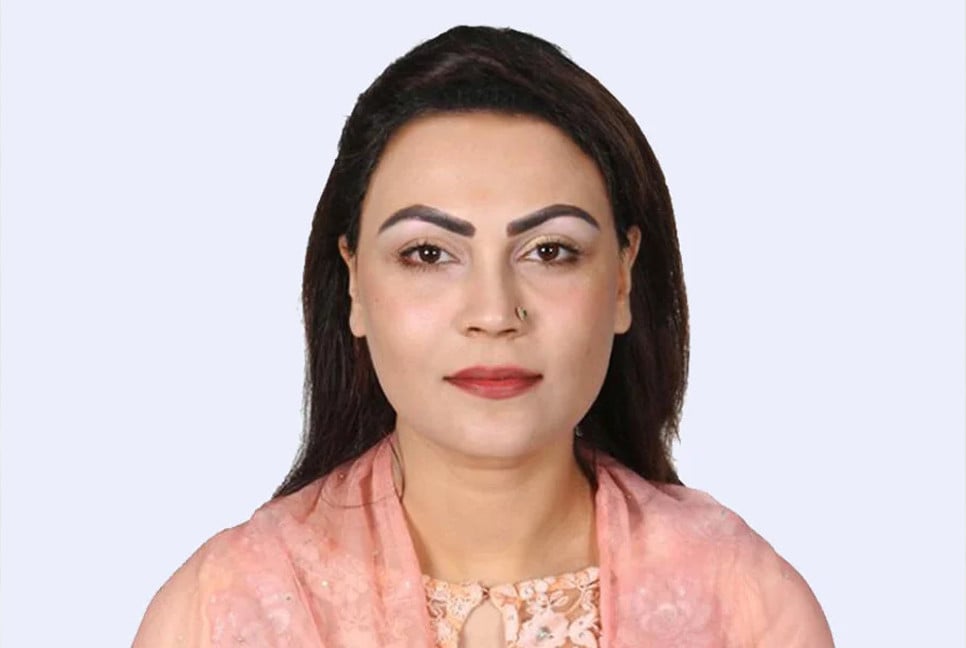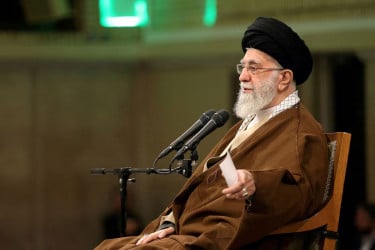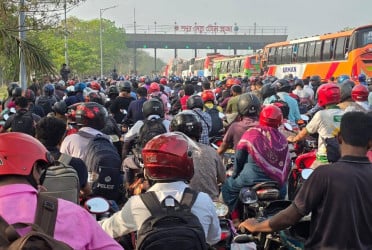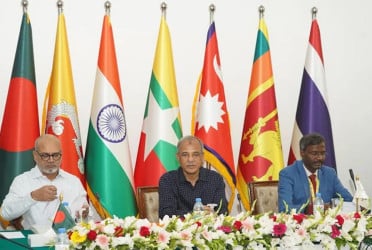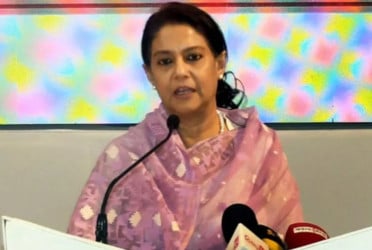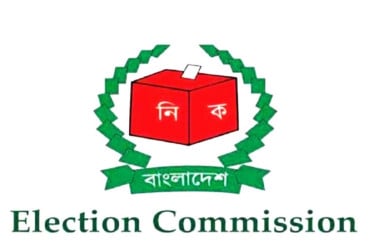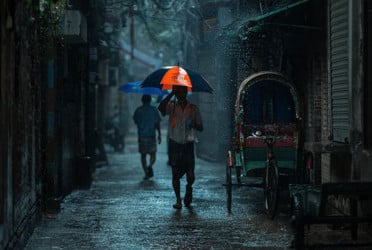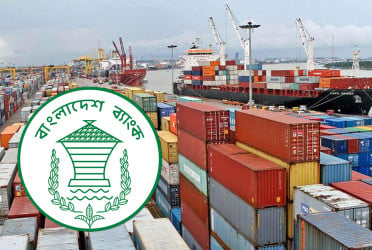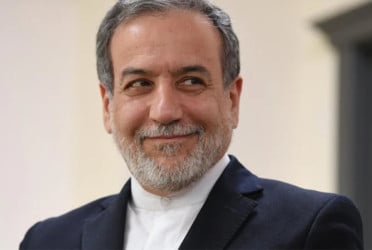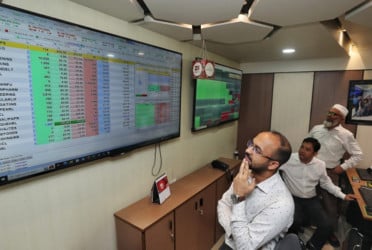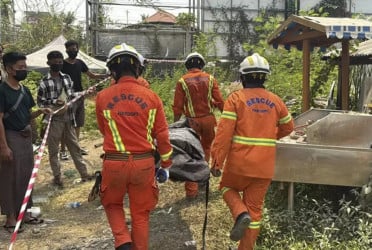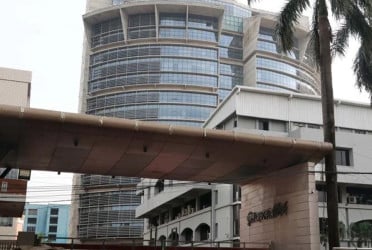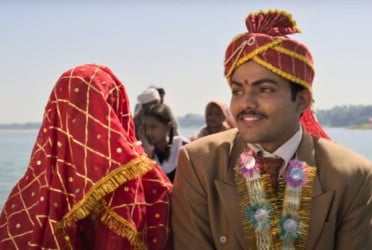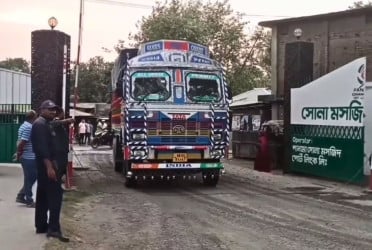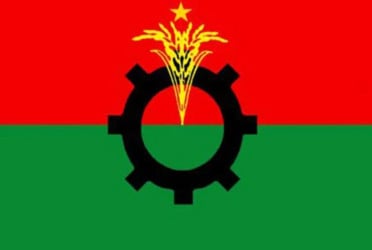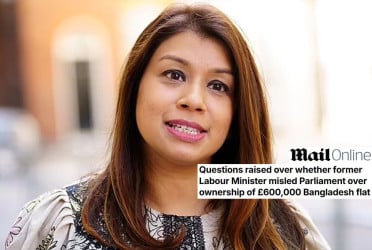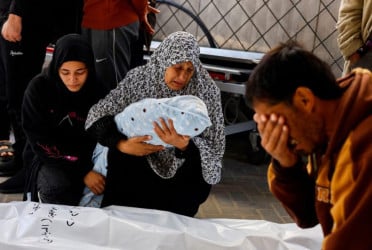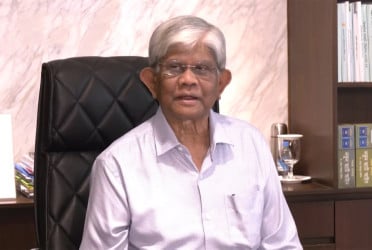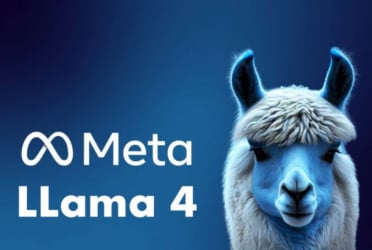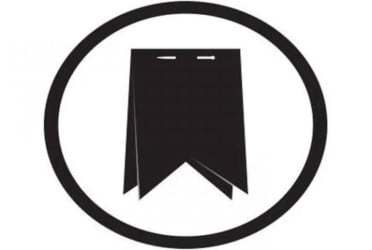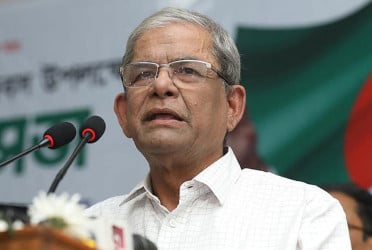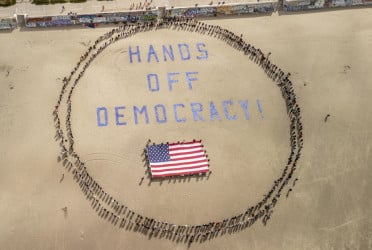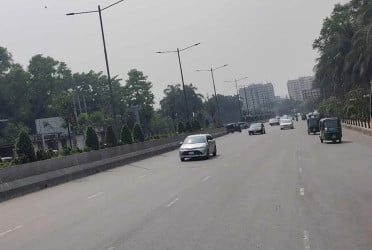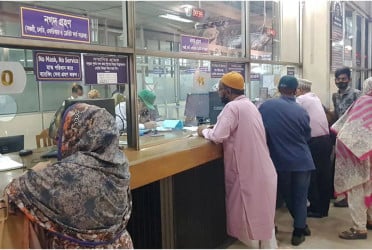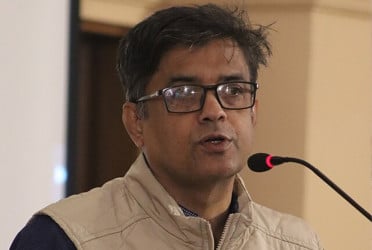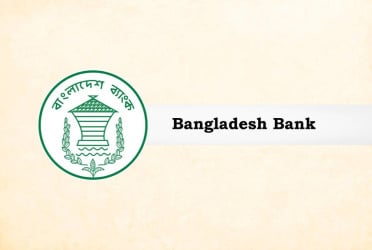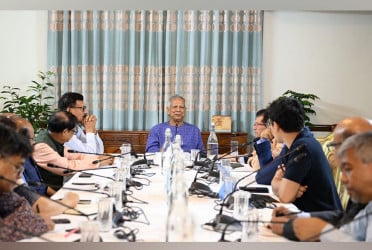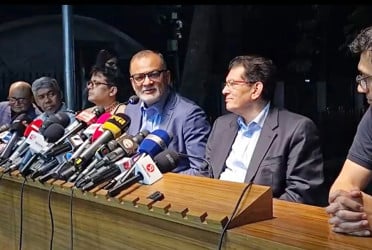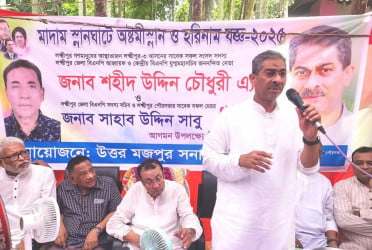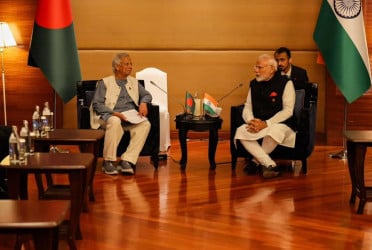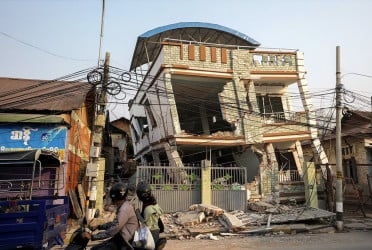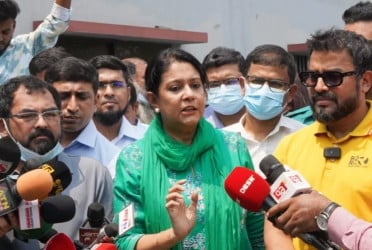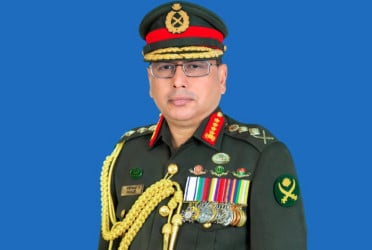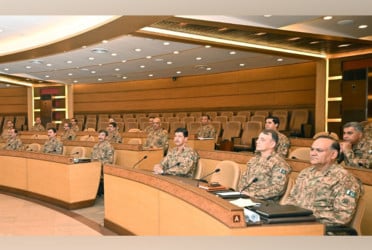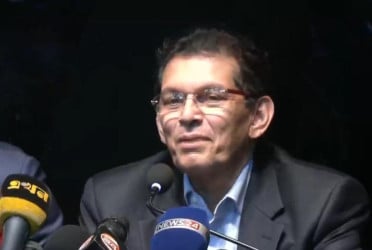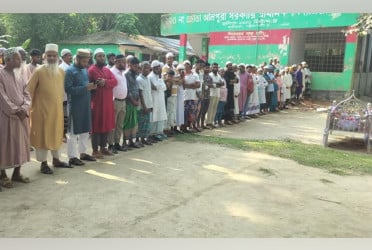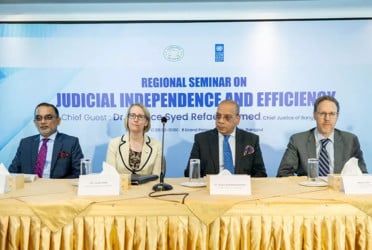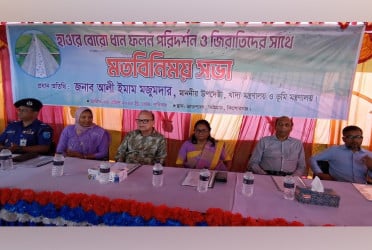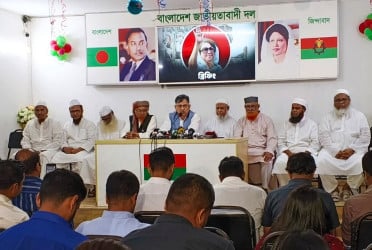The true story behind the 2009 BDR mutiny remains shrouded in mystery even after 15 years. The brutal killings that unfolded on Feb 25 and 26 at the BDR headquarters in Pilkhana, Dhaka, have yet to be fully understood. While the former people in power have provided a one-sided account of the incident, the motives behind the mutiny—who orchestrated it and for what purpose—remain unanswered. Furthermore, the victims have, for reasons unknown, remained conspicuously silent on the matter.
For the first time, General Moeen U Ahmed, the then Army Chief, has broken his silence on the matter. In a phone conversation with Bangladesh Pratidin in New York on the evening of Dec 26 (Friday morning, Bangladesh time) from Florida, he expressed his satisfaction with the Interim Government's decision to form an investigation commission.
He noted that the commission, established to meet the nation's expectations, will reveal the true facts of the incident, highlighting that the victims were among Bangladesh's most competent officers.
The massacre was carried out with the intent of destroying Bangladesh Army.
It is worth noting that the Interim Government has established a commission to re-investigate the BDR killings. After the commission's first meeting, its chairman, ALM Fazlur Rahman, told the media on Thursday, "If there are any domestic or foreign conspiracies behind the mutiny, they will be identified and presented to the nation."
Former Army Chief General Moeen U Ahmed has written a book titled "The Brutal Massacre at Pilkhana" about the BDR mutiny, which is set to be published soon.
The book reveals many previously unknown details, he said.
General Moeen also addressed rumors surrounding his stay in Florida for medical treatment, stating, "I am living in Florida for healthcare, but various rumors have been circulating, including some absurd comments, which have caused me distress."
"I have already had discussions with the Home Adviser of the Interim Government, who was also the head of the earlier investigation commission," he added.
Recently, General Moeen uploaded a 29-minute video statement on the BDR mutiny to YouTube. Key excerpts from the video are now being shared with readers.
General (Retd.) Moeen U Ahmed said that the people should be aware of the role the army played during that time and the details of the incident. It is important to note that during the alleged BDR mutiny, a total of 74 individuals, including 57 army officers, were killed.
The former Army Chief mentioned that on the morning of Feb 25, 2009, he had a conversation with the then Director General (DG) of the BDR, Major General Shakil Ahmed (who was later killed in the mutiny), regarding the transfer of unused weapons from the army (81mm mortars, which the army did not use) to the BDR. He agreed to take the weapons. Until that moment, the former Army Chief believes, he (DG) was unaware of any mutiny.
During a meeting that morning around 9:30 am, he said, "my Principal Secretary Colonel Firoz entered the conference room and whispered in my ear, 'Sir, there is a disturbance at Pilkhana. Your direction is needed.'"
Moeen U Ahmed said that he then adjourned the meeting and, along with his colleagues, went to his office.
He attempted to contact the then Prime Minister and the DG of the BDR, and instructed ADC Captain Junaid to try to get them on the phone.
However, they were unable to establish immediate contact.
"Military intelligence then briefed me on the situation," he said.
The former Army Chief continued, "recognizing the severity of the situation, I gave instructions to prepare the 46 Independent Infantry Brigade for the operation without waiting for any directives. They immediately began preparing for war, and the operation was named ‘Operation Restore Order.’ I informed PSO about the measures taken. At 9:47 am, I was able to contact the DG of the BDR by phone. I asked him what had happened. He gave a brief description of the devastating situation, saying, 'During the darbar, two armed soldiers entered the hall. One stood behind me and fainted. The other crossed the darbar hall and went outside. Immediately after that, gunshots were heard from outside. As soon as the sound of gunfire was heard, the soldiers present in the darbar hall started causing chaos.'"
Moeen U Ahmed said, "It seemed like part of a big plan."
"I have sent the sector commander and battalion commander to bring them back so that the darbar can resume," BDR DG added.
Moeen U Ahmed noted that at 9:54 am that day, he managed to reach then-Prime Minister Sheikh Hasina on her mobile phone. By that time, she had already received substantial information about the BDR mutiny. When he informed her about the operation, she asked, "How long will it take to prepare the brigade?"
"Typically, it takes six hours, but we can prepare them in two hours if necessary," Moeen replied.
He further stated that Sheikh Hasina had granted permission for the 46 Brigade to go to Pilkhana, and mentioned that the brigade set out within an hour, and under the leadership of then-commander Brigadier General Hakim, 10 officers and 655 soldiers began their journey toward Pilkhana.
At 10:30 am, the brigade's advanced party crossed Jahangir Gate.
Meanwhile, the mutineers had deployed various heavy weapons in front of the BDR gates to repel the attack, Moeen U Ahmed stated.
He added, "At 11:00 am, when the first vehicle of the 46 Brigade neared the main gate of Pilkhana, the mutineers launched a rocket targeting a pickup. The driver was killed on the spot."
The former army chief also said, "According to my instructions, around 10:35 am, efforts were made from my office to contact the DG of the BDR. However, this was not possible. He might have been killed before that."
According to then-Lieutenant Colonel Shams, most of the officers were shot and killed between 10:30 and 11:00 am.
The army brigade arrived after 11:00 am.
This means that by the time we arrived, most of the killings had already been done.
Moeen U Ahmed recounted that under the leadership of Captain Shafiq, 355 members of the RAB arrived at Pilkhana before 10:00 am. At that time, he sought permission to enter Pilkhana from his senior officers, but he was denied.
Had he been granted permission (since the mutineers had not yet fully organized or caused any casualties), he could have easily contained them.
"Around 11:45 am, the PSO AFD informed me that the government was attempting to resolve the issue politically. The mutineers had demanded that the army must leave the area before any talks could take place. Therefore, the government had ordered that the army personnel must move out of sight, at least 2 km to the north. Around 12:00 pm, the PSO called again and urgently instructed me to go to Jamuna to meet with the former Prime Minister. At that time, every moment was crucial. Nevertheless, I set out for Jamuna. Around 1:00 pm," he recalled
At that time former Minister Jahangir Kabir Nanok and Whip Mirza Azam, carrying a white flag, went to Pilkhana for discussions. In the meantime, the government had stated that the army would remain at the main gate of Pilkhana, while the RAB and police would be deployed in two other areas. Dairy farm area remained unprotected, Moeen said.
He further added, "When I arrived at Jamuna, I saw a large crowd, so dense that there was no space to walk. Many people appeared to have no specific purpose. The cabinet meeting was ongoing, but no decisions were being made. I had expected that once they learned of my arrival, they would call me in, but that didn’t happen."
"After 2:00 pm, I received news that an officer had escaped from Pilkhana and arrived at Jamuna. I rushed to meet him and learned that several officers had been killed. However, he was unsure about the fate of the DG of the BDR. It was then that I became certain the BDR mutineers had killed innocent officers."
Moeen U Ahmed went on to mention that after the cabinet meeting, Sheikh Hasina held another small meeting and then called in the heads of the three armed forces.
"An hour and a half after my arrival, the heads of the Air Force and Navy arrived at Jamuna. Sheikh Hasina informed us that the government was attempting to resolve the situation politically. Shortly after, Jahangir Kabir Nanok, Mirza Azam, and Taposh would arrive with a delegation from the mutineers, who were asking for general amnesty. Sheikh Hasina then told us that if we, the heads of the three armed forces, had anything to say to the mutineers, we should address it through them (Jahangir Kabir Nanok, Mirza Azam, and Taposh)."
Moeen U Ahmed said, "At that point, I told Hasina, 'At the very beginning of Operation Restore Order, one of our soldiers was killed and another seriously injured. I’ve just received news that the mutineers have killed many officers. I also said, the mutineers’ demands cannot be accepted. You must tell them to stop killing officers immediately. Not another life should be lost. Secondly, all the detained officers and their families must be released right away. Thirdly, all mutineers, along with their weapons and ammunition, must surrender. Fourthly, I stressed that the question of granting general amnesty does not arise.'"
At 3:48 pm, under the leadership of DAD Touhid, 14 mutineers came to Jamuna for talks. They were placed in a large room. I told my ADC, "See who their leader is and bring him to me."
ADC Junaid then brought Touhid. I asked him in detail how many had been killed and what the situation was now.
Touhid told me, "At 9:00 am, the mutineers locked me in a room. Now they’ve unlocked the door and brought me here. I don’t know anything."
I then told him, "find out from those who came with you and let me know."
He went inside but did not return.
Moeen U Ahmed mentioned that Sheikh Hasina held a meeting with the mutineers and said, "In the meeting, Sheikh Fazle Noor Taposh, Jahangir Kabir Nanok, and Mirza Azam were present. When I went there, I saw the 14 mutineers. The former Prime Minister said, 'What I have heard is that you should surrender your weapons and ammunition and return to the barracks.' Later, she (the Prime Minister) declared a general amnesty. After the discussions, Mr. Nanok informed the waiting journalists about the summary of the situation and also mentioned that the Prime Minister had declared a general amnesty for the mutineers. They said they would now surrender and return to the barracks."
The mutineers set out from Jamuna toward Pilkhana at 6:37 pm. Upon reaching, they declared that they would not surrender until the official proclamation of general amnesty was handed to them. They then resumed firing and started searching for the officers.
Moeen U Ahmed said, "At midnight, then Home Minister Sahara Khatun, Sheikh Fazle Noor Taposh, and the then IGP went to Pilkhana for discussions and sat with the mutineers. At one point, the mutineers surrendered some weapons and released eight families. Among them, only three families were of army officers, and five were of DAD families. Sahara Khatun knew that the officers and their family members were being held captive in the quarter guard. However, she did not take any initiative to secure their release, nor did she inquire about their condition. With those eight families, she came out of Pilkhana."
The next day, on Feb 26, the mutineers resumed firing. Moeen U Ahmed mentioned that the former Prime Minister called him at 10:30 am and informed him that if the mutineers did not surrender, a military operation would be carried out.
He requested permission to bring tanks from Savar, which was granted, and immediately ordered the tanks to be deployed, and other preparations were made.
Upon hearing of the army's preparations and the tanks' movement, the mutineers agreed to surrender unconditionally.
At 2:00 pm, Sheikh Hasina addressed the nation, setting a deadline for the mutineers to surrender. This suggestion had come from Moeen U Ahmed.
Seeing the army’s readiness for attack, the mutineers became eager for discussions and surrender, raising white flags.
Later that evening, a team led by the former Home Minister entered Pilkhana, and the mutineers surrendered, bringing an end to the 33-hour rebellion. 57 army officers, who were the backbone of the army, lost their lives in the mutiny.
Translated by ARK/Bd-Pratidin English

